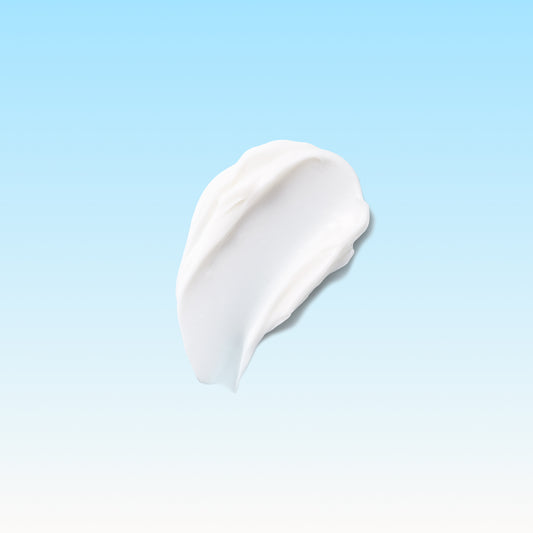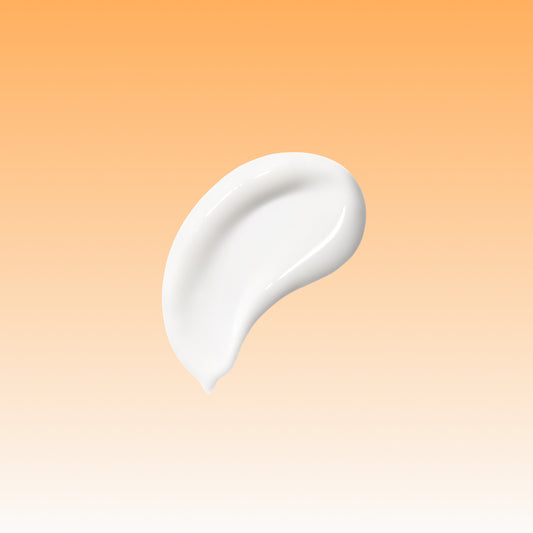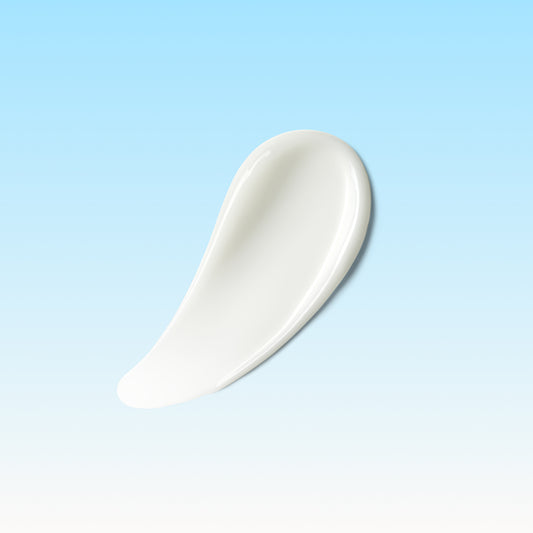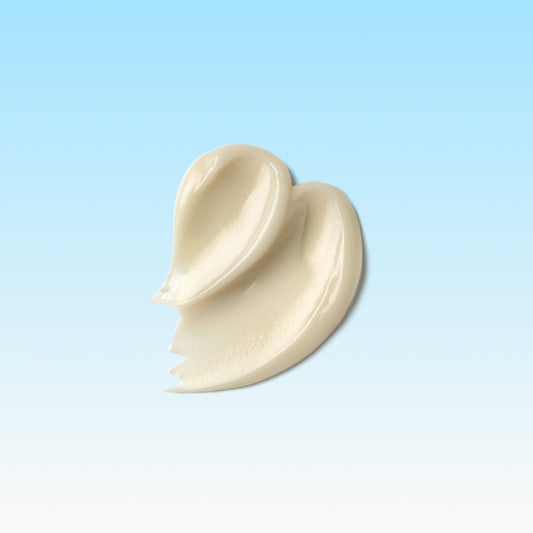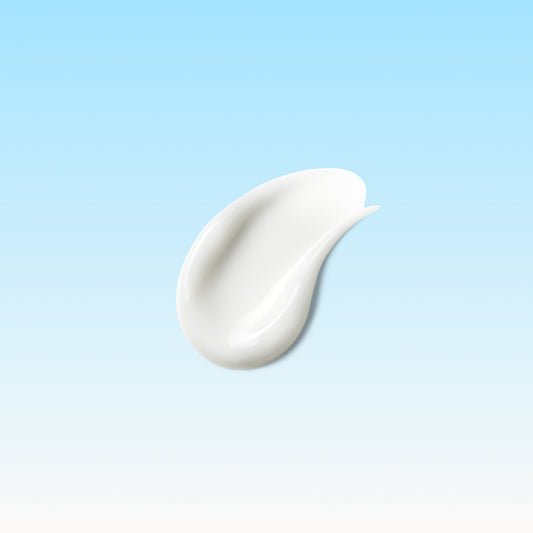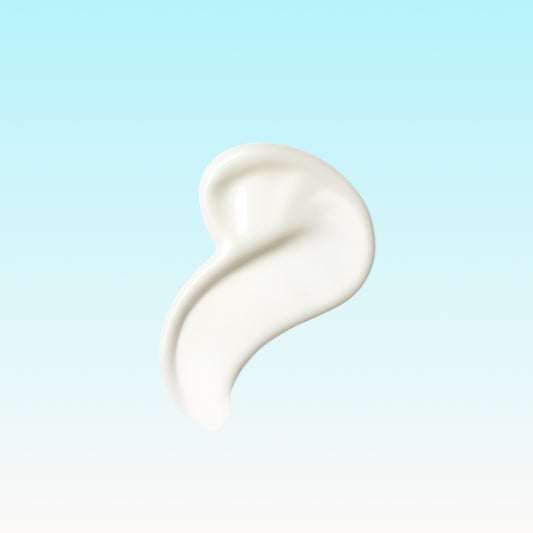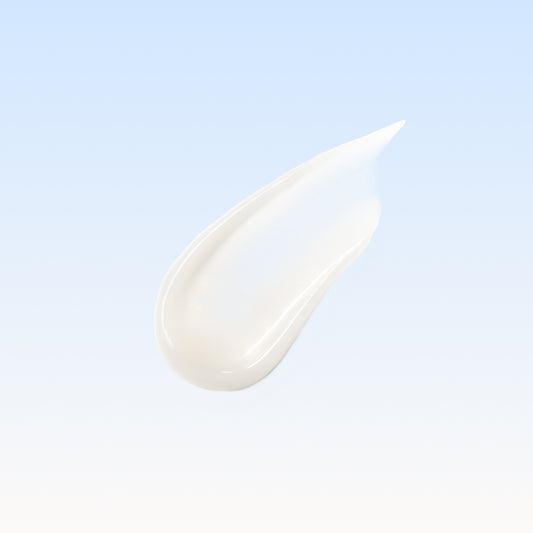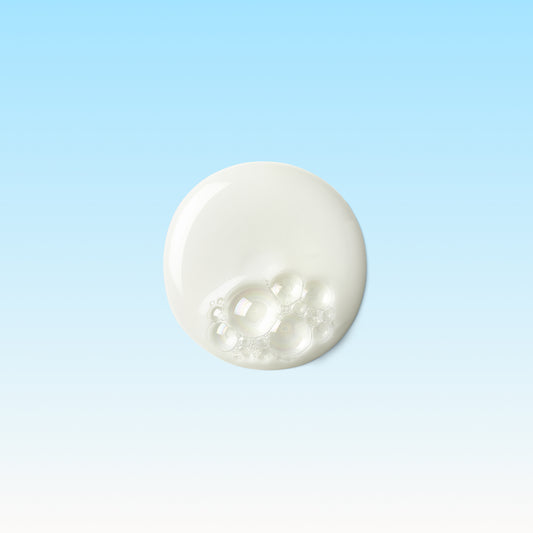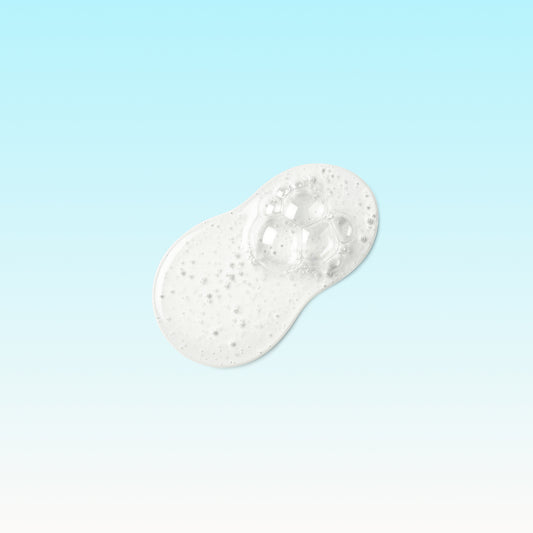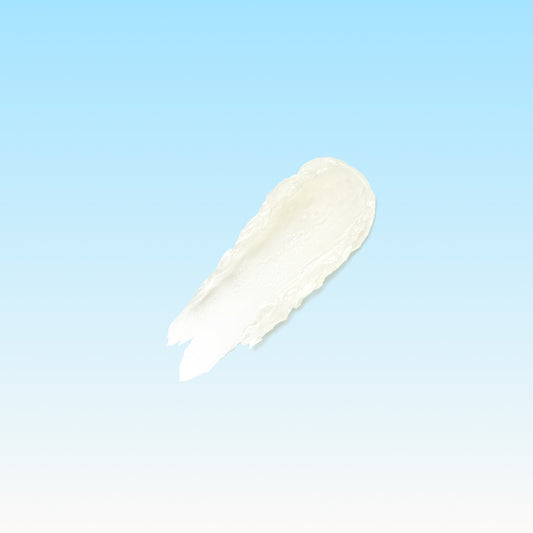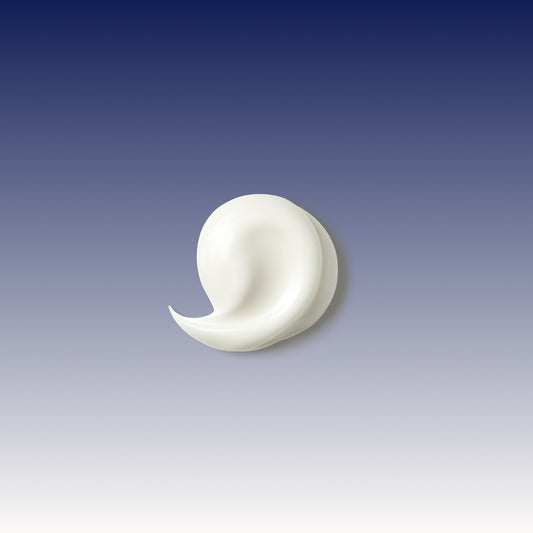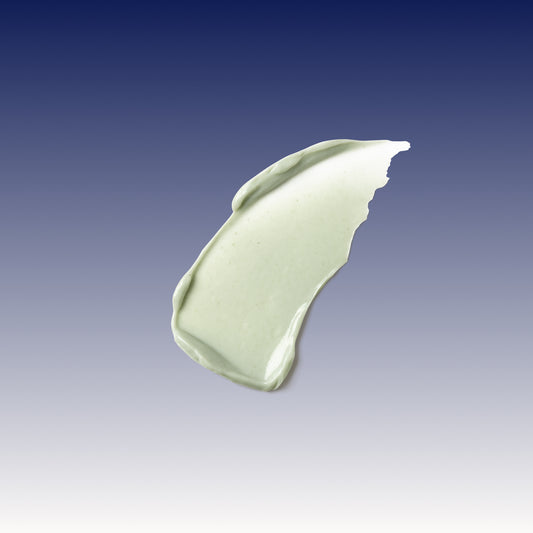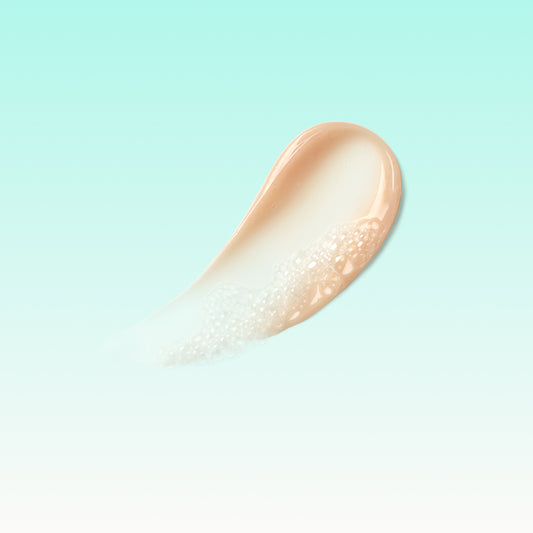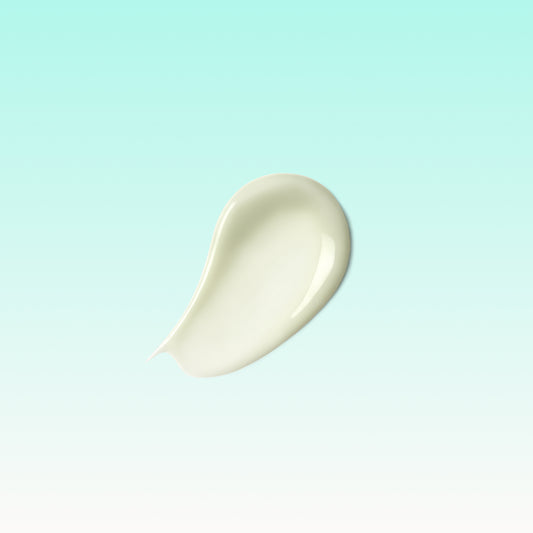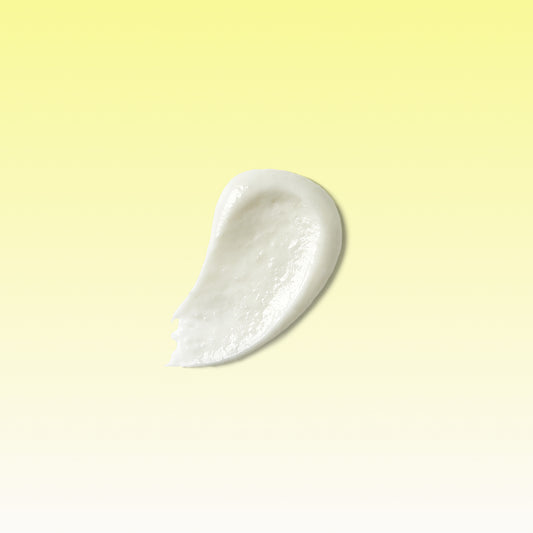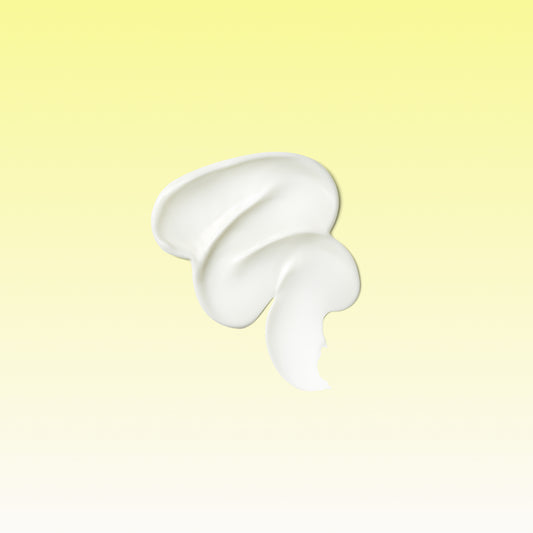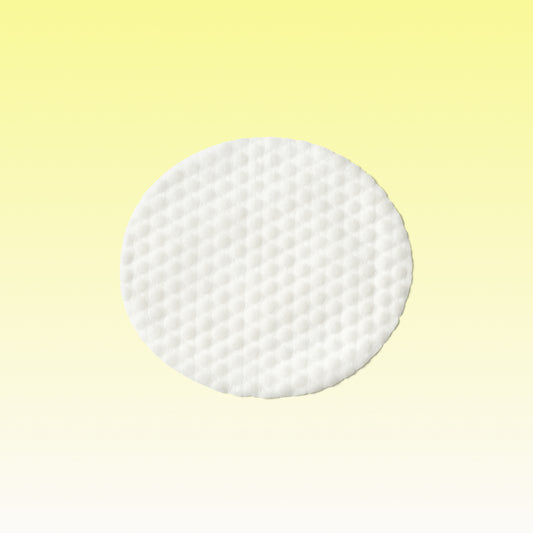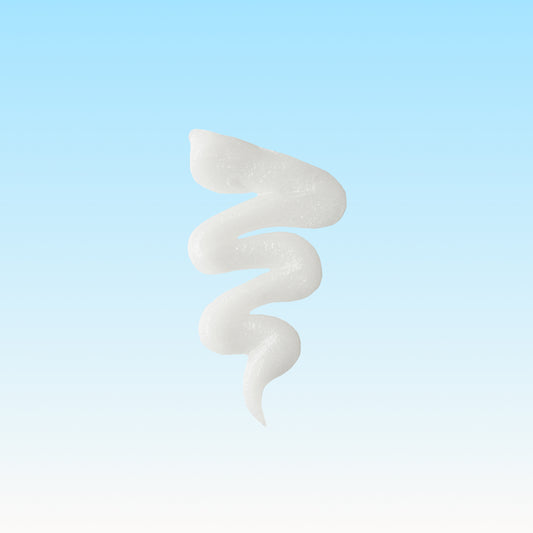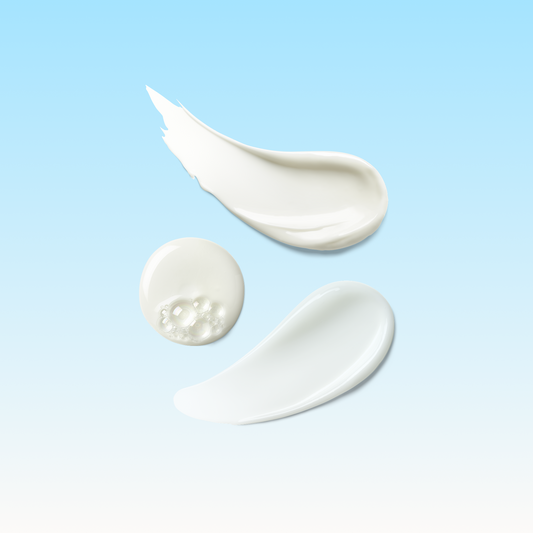Skin Barrier 101
What exactly is the skin barrier?
The skin barrier, (also referred to as the moisture barrier, lipid barrier or permeability barrier), is the outermost layer of our skin’s surface. You can imagine the skin barrier as a brick wall; where the cells are the bricks, and the mortar that holds the wall together contains vital lipids (ceramides, cholesterols and fatty acids). The skin barrier performs the critical function of keeping essential water and electrolytes inside the body, and as a protective barrier to keep harmful microorganisms out. The skin barrier supports the skin’s immunity and regulates inflammation.
Skinfix Barrier+ Collection from Skinfix on Vimeo.
Is my skin barrier healthy?
When the skin barrier is healthy, it is smooth, even-toned, hydrated and clear. When the skin barrier is damaged, skin will become irritated, red, inflamed, and prone to breakouts, dermatitis, broken capillaries, dryness, tightness and even burning sensations that we often attribute to having sensitive skin.What can damage my skin barrier?
Sensitizing ingredients
Many ingredients including fragrances/dyes, lanolin, propylene glycol and certain preservatives may cause skin sensitivity. Repeated exposure to skin irritants over time can often create skin barrier damage that is imperceptible until it becomes visible irritation or inflammation.
Sulfate cleansers
Cleansers that contain sulfates can strip the vital lipids from the skin, causing barrier damage and creating redness, tightness and irritation.
Over-exfoliation
Exfoliation can help the skin shed an excess of dead, dry cells that build up on the skin barrier. However, it is important to use exfoliators that don’t over-strip or damage the skin barrier – and in moderation. Exfoliation should be limited to 1-3 times/week, and only for those that tolerate it without irritation.
Cosmetic procedures
Deep laser resurfacing and peels can leave the skin barrier temporarily weak and vulnerable. It is important to support the healing process by adequately protecting the skin barrier post-procedure.
Age
As we get older the skin barrier naturally weakens and the quantity of our natural lipids decreases.
Environmental stress
Climate changes, indoor heating/cooling systems, environmental toxins and sun damage can make the skin barrier more vulnerable.
Emotional stress
There is evidence that emotional stress caused by life experiences can negatively impact the health and function of the skin barrier.
Physical stress
Dehydration, malnourishment, fatigue and auto-immune conditions can impact the health of the skin barrier.
Nutrition
Certain dietary allergies have been linked to dermatitis conditions. Smoking dehydrates the skin and can slow down collagen production and cell metabolism. Alcohol and caffeine can dehydrate the skin and even dilate capillaries causing redness.
Genetics
Some people are predisposed to barrier vulnerability or certain skin conditions genetically.















